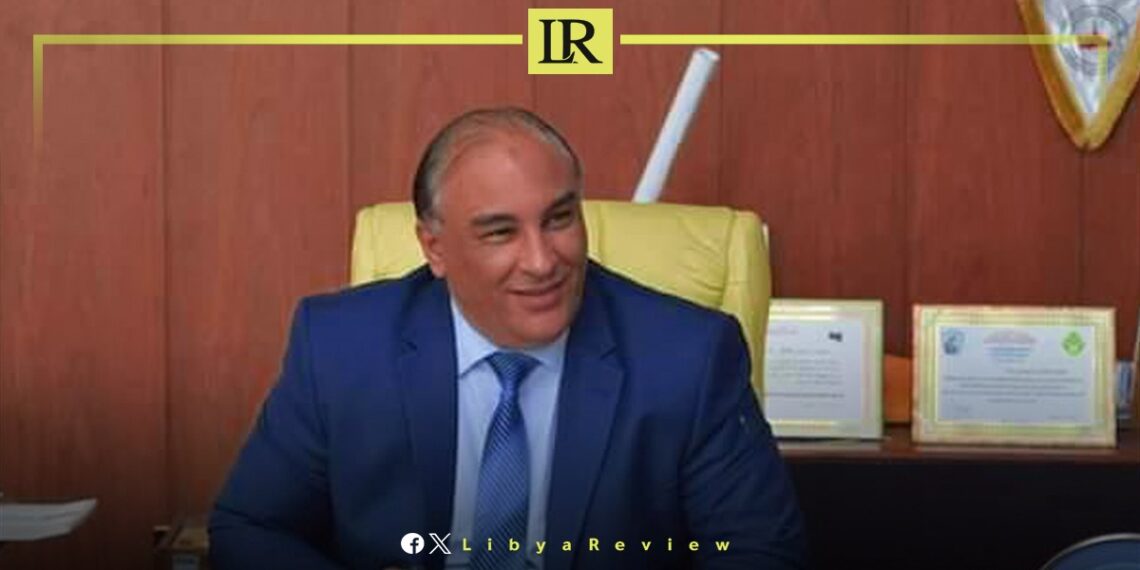Mukhtar Al-Madani, the Mayor of Sirte, has reported a stable security situation in the municipality, alongside significantly improved health services. Despite facing challenges such as high prices, delayed salary payments, and a lack of cash liquidity, Sirte is witnessing a series of development projects led by the National Development Agency.
In press statements, Al-Madani highlighted that the availability of cooking gas and fuel is better than in previous years, marking a significant improvement in basic utilities. He particularly noted the health services in hospitals, especially the public ones like Ibn Sina Hospital, as “very good,” showcasing advancements in the city’s healthcare infrastructure.
“This year, we inaugurated the public slaughterhouse after its maintenance, and we had to cull more than 14 cases of livestock due to foot-and-mouth disease,” Al-Madani continued. “Most of the meat consumed in the municipality until last Thursday accounted for the slaughtering of over 2,000 sheep and goats, and more than 125 camels and cows.”
The efforts in Sirte to maintain and improve its infrastructure and public services underscore a commitment to enhancing the quality of life for its residents amid Libya’s broader context of recovery and rebuilding.
Libya has been in chaos since a NATO-backed uprising toppled longtime leader Muammar Gaddafi in 2011. The county has for years been split between rival administrations.
Libya’s economy, heavily reliant on oil, has suffered due to the ongoing conflict. The instability has led to fluctuations in oil production and prices, impacting the global oil market and Libya’s economy.
The conflict has led to a significant humanitarian crisis in Libya, with thousands of people killed, and many more displaced. Migrants and refugees using Libya as a transit point to Europe have also faced dire conditions.
The planned elections for December 2021 were delayed due to disagreements over election laws and the eligibility of certain candidates. This delay has raised concerns about the feasibility of a peaceful political transition.
Despite the ceasefire, security remains a significant concern with sporadic fighting and the presence of mercenaries and foreign fighters. The unification of the military and the removal of foreign forces are crucial challenges.


